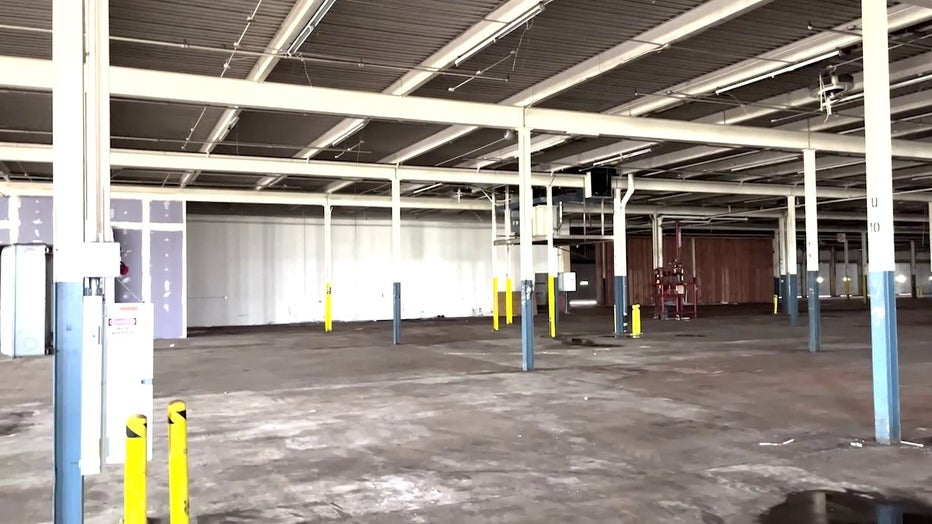Minneapolis vacant building fines, rehab ordinance approved by leaders

Minneapolis Roof Depot project in limbo
A community?s dream to revitalize south Minneapolis? vacant Roof Depot warehouse is currently in limbo after failing to secure funding.
MINNEAPOLIS (FOX 9) - Hoping to allow property owners to benefit from resources in its Vacant Building Registry (VBR) program, while also looking to curb those abusing the system, Minneapolis city leaders have adopted a new policy that could lead to fewer vacant buildings throughout the city.
A property in Minneapolis is enrolled in its VBR if it is deemed condemned, hazardous, and/or has multiple code violations. Currently, the city has 300 VBR properties, often concentrated in areas of poverty.
Under the city’s regulatory services, a Strategic Inspections Group (SIG) manages a wide swath of VBR buildings, boarding up structures, evaluating them for demolition, and enforcing rehabilitation criteria – all in an effort to bring buildings back into compliance. Owners are currently charged a flat fee of $7,087 for the services.
However, there is no limit to how long a property can remain in the VBR program, with many remaining vacant for decades.
By increasing fees, and creating a timeline for restoration, Minneapolis leaders are hoping to bring property owners back to the table – an effort they hope will not only reduce hazardous buildings, but spur economic growth in blighted neighborhoods.

Inside the Roof Depot warehouse building - a property currently vacant in Minneapolis. (City of Minneapolis / Supplied)
"My office has fielded dozens of concerns about properties that they describe as a nuisance to the neighborhood. Some of these buildings have been vacant for years, with no signal to the community when they will be active again. Some of these properties are vacant homes and apartment buildings that residents were frustrated to see empty, when we know there is a housing crisis currently," said council member Robin Wonsley, one of the authors of the ordinance. "Instead, these chronically vacated properties are creating public health and safety issues, bringing down local property values, and not contributing to the neighborhood… Too many vacant properties are hurting our black, brown and poor communities."
Under the ordinance, VBR eligibility will be limited to two years, after which the property is moved to administrative enforcement, or required to apply for an extension of one year.
According to Wonsley, creating a time limit for the VBR program will help support city efforts to increase housing and commercial space.
As part of its Administrative Citation Process, monthly inspection citations would begin at $250 and would double in value – up to $2,000 monthly if non-compliance continues. Fees would ultimately increase from $7,087 to $24,000 annually.
"This ensures that the benefits of the VBR program are still available to property owners in need of support and assistance in rehabilitating or demolishing buildings within a reasonable window of time, without allowing property owners to abuse the program for years on end," Wonsley said.
Approved unanimously by the Minneapolis City Council on Thursday, city leaders have historically seen VBR properties as a lost opportunity for economic growth, commercial development, and affordable housing.
"This is a really important tool for getting some property owners back to the table to work on a solution for renovating or selling their buildings," council member Katie Cashman said.
Prior to the vote, Council President Elliott Payne referenced shell companies and squatters as being problematic to neighborhood growth in relation to vacant properties throughout the city.

